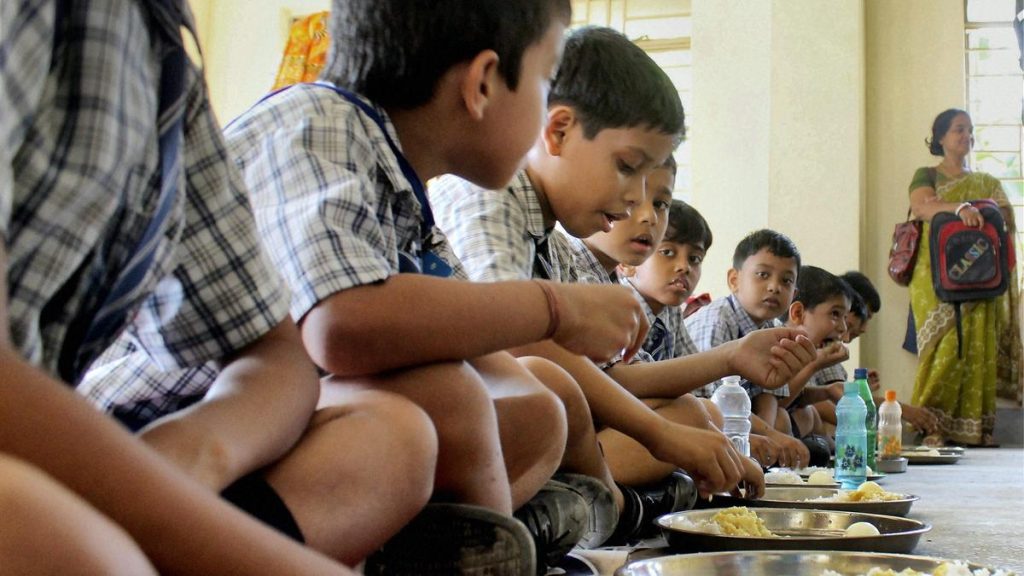Now Reading: Kerala, South African Province to Collaborate on Climate-Resilient Infrastructure
-
01
Kerala, South African Province to Collaborate on Climate-Resilient Infrastructure
Kerala, South African Province to Collaborate on Climate-Resilient Infrastructure
Quick Summary
- Event: Kerala Urban Conclave 2025 concluded in Kochi on September 13, 2025.
- proposed Agreement: KwaZulu-Natal province (South Africa) likely to finalize a pact with Kerala for professional exchange and collaboration on climate-resilient urban infrastructure.
- Focus Areas:
– Learning from Kerala’s use of mangrove forests as natural barriers against ecological disasters.
– Regular virtual meetings for sharing solutions and expertise.
- Remarks by Martin Meyer (KwaZulu-Natal Executive Council Member):
– Praised Kerala’s decentralized governance model and innovative problem-solving approaches.
– Highlighted challenges faced by KwaZulu-Natal due to climate change, including four major floods within four years.
– Shared South Africa’s experience in combating “construction mafia,” mentioning successful arrests and disruption-free projects over the past six months.
- Infrastructure Challenges in KwaZulu-Natal: Budget constraints from repairing damage caused by climate change hinder new developments like schools, clinics, and hospitals.
- Cultural Initiative: Plans underway to restore a historic castle near Meyer’s office into a museum showcasing Indian contributions alongside Black South Africans during apartheid, connecting it with Mahatma Gandhi’s legacy.
Indian Opinion Analysis
The proposed collaboration between Kerala and KwaZulu-Natal reflects a forward-thinking approach toward addressing shared global challenges like climate resilience. While Kerala has pioneered community-driven ecological solutions such as mangrove farming for coastal protection, KwaZulu-Natal’s experience illustrates the devastating impact of neglected climate adaptation strategies. The exchange of ideas and trained professionals could result in mutual benefits-Kerala might strengthen ties abroad while refining its strategies through foreign input.
Martin Meyer’s observations highlight valuable lessons that both regions can gain from each other-one emphasizing decentralization and innovation, the other addressing socio-political challenges such as traditional leadership inclusion or criminal interference in infrastructure projects.Furthermore, reviving historical landmarks linked to Mahatma Gandhi reinforces cultural diplomacy aimed at strengthening India-South Africa relations.
For India, this partnership underscores the importance of local governance models gaining international recognition while demonstrating how its soft power can influence global discourse on sustainable advancement.

























